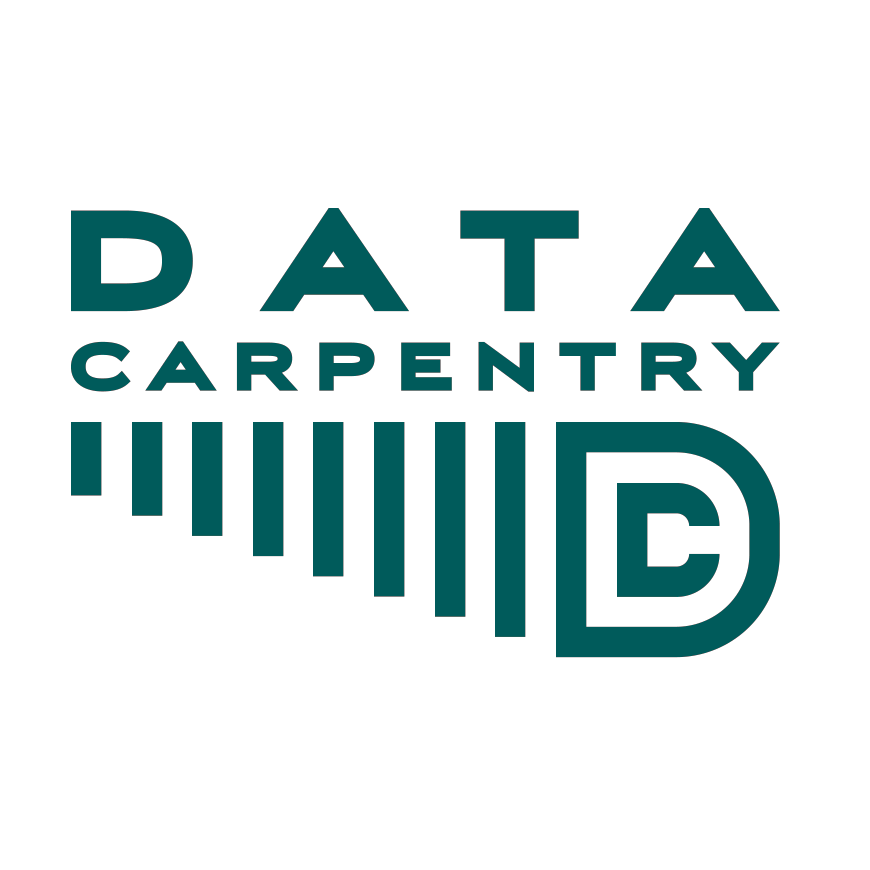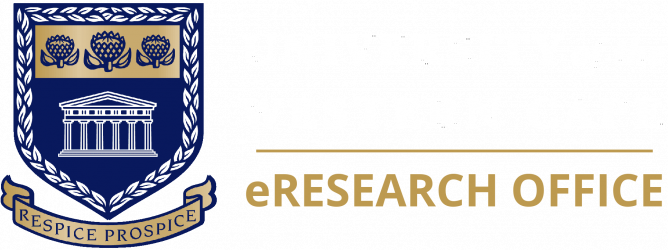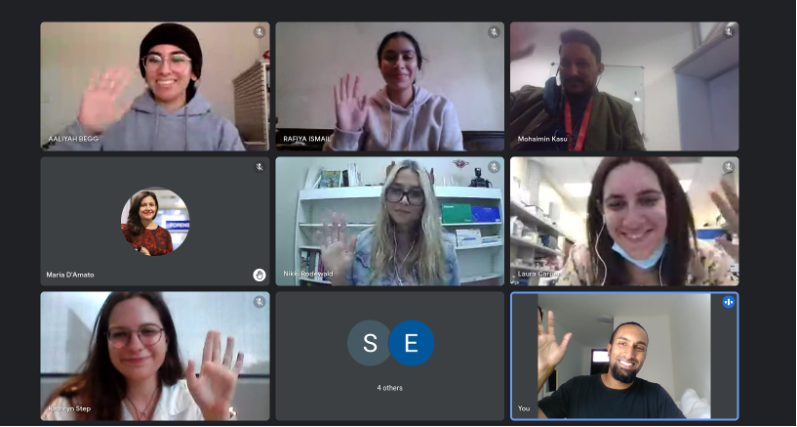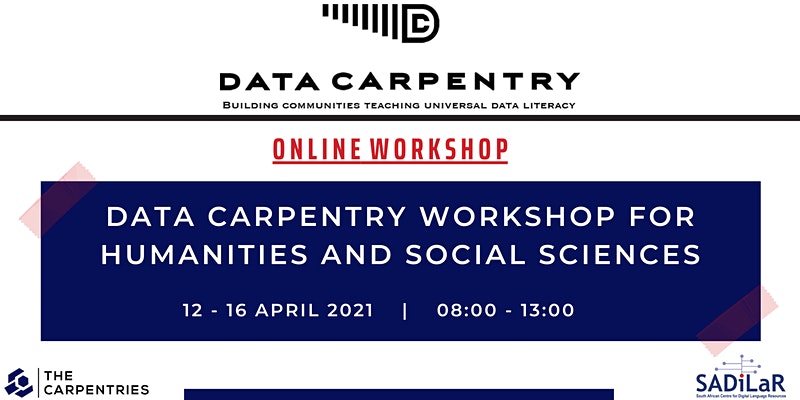

UWC’s Forensic DNA Lab (FDL) hosted an eWorkshop (online workshop) on using the Command Line Interface, Unix, shell and other tools for genomics.
The course was aimed at graduate students and research scientists who will work with genomic and bioinformatic datasets for the first time and ran from 10thJune to 15thJuly in two hours weekly sessions.
Seventeen (17) participants were registered, including staff, Honours, Masters and PhD students from different institutions including the South African Biodiversity Institute; University of the Western Cape; Stellenbosch University; University of Johannesburg; University of Pavia (Italy) and ICGEB/UCT.
More about the eWorkshop
Command line interface (CLI) and graphic user interface (GUI) are different ways of interacting with a computer. The CLI ‘is a text-based interface used to interact with software and operating system by typing commands into the interface and receive a response in the same way’. The GUI on the other hand, is a visual-based interface featuring the use of graphic images such as windows, icons and menus, and is navigated mostly using a mouse and the keyboard sometimes.
The CLI is important for proficiency in genomics as most bioinformatics tools use the shell and have no graphical interface. Importantly, CLI is essential for using remote high performance computing centers e.g. ILIFU, CHPC.
The course was designed to impart the following knowledge and skills to the participants:
- Discuss practical differences between Unix and Windows;
- Navigate and manipulate files and folders using standard bash commands;
- Write basic scripts for bash including piping between commands;
- Access the ILIFU HPC and submit simple scripts to SLURM; and
- Discuss folder/directory structure for genomic projects.
The ilifu cluster computing infrastructure was used for training tasks, which included lessons on basic Unix bash commands and practical activities which required specialised Singularity containerized software.


